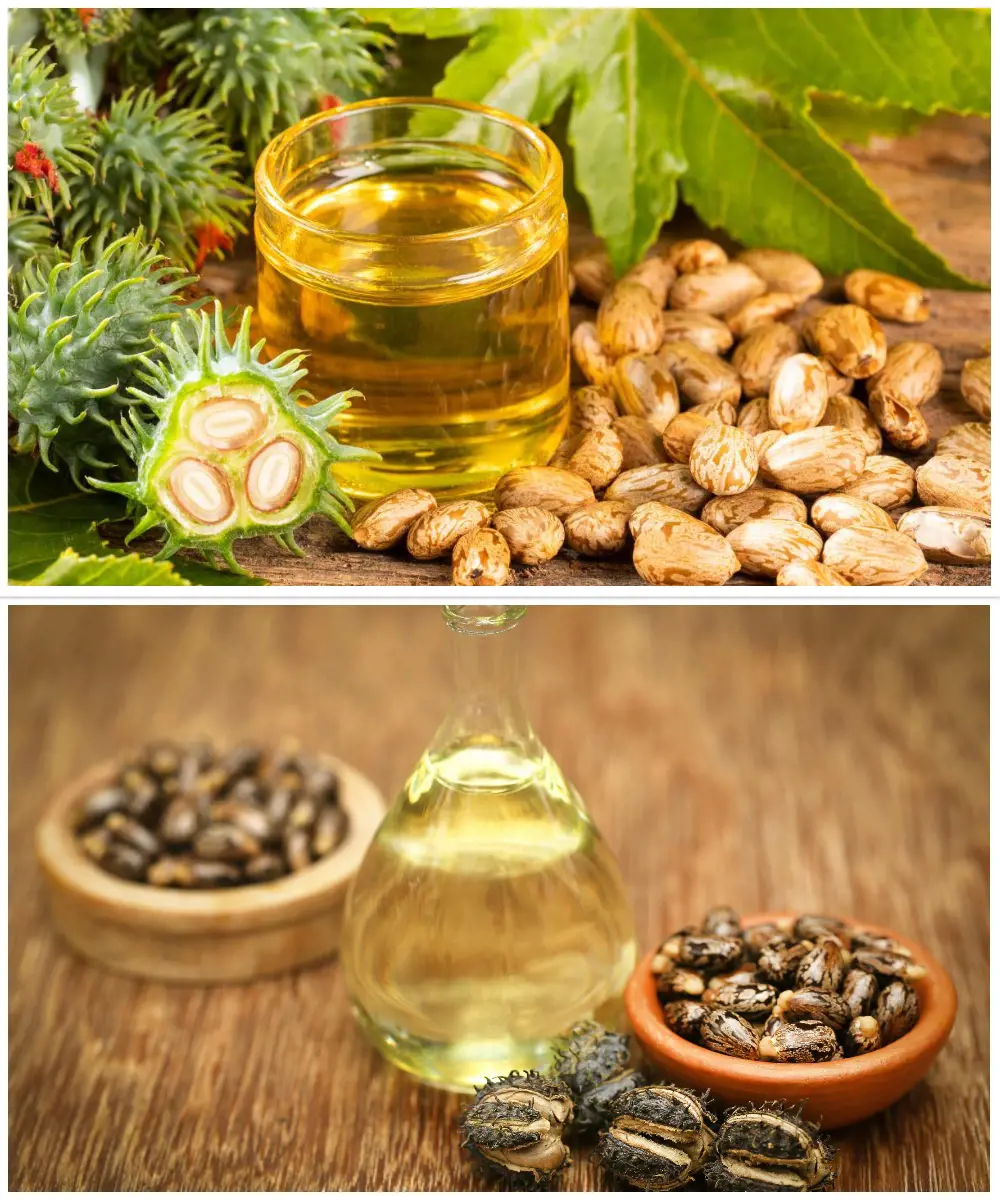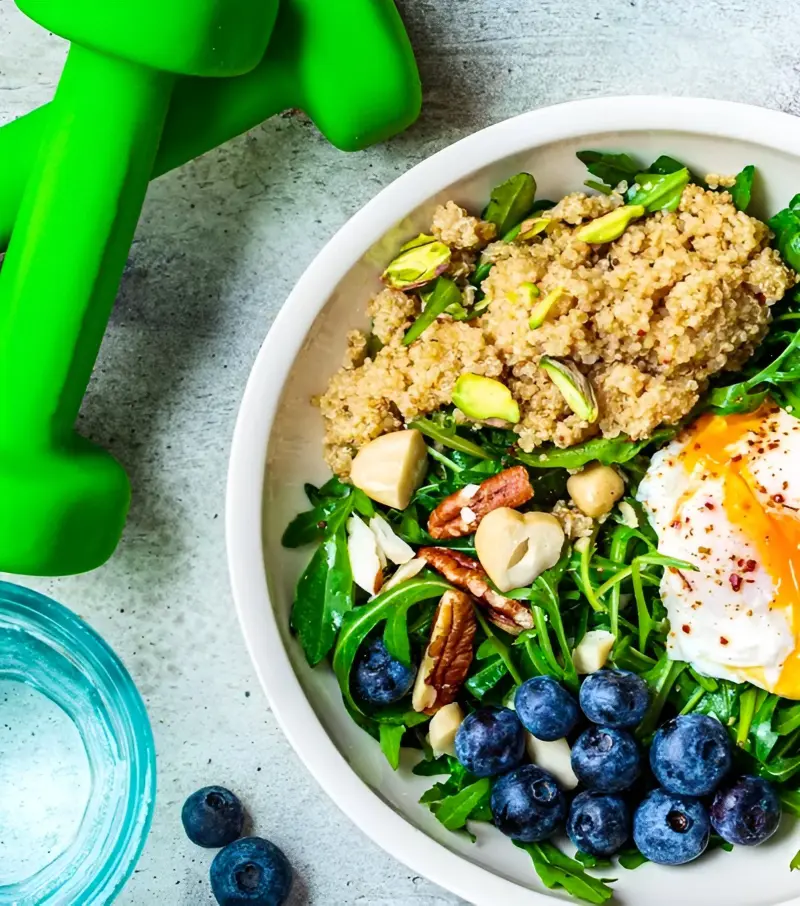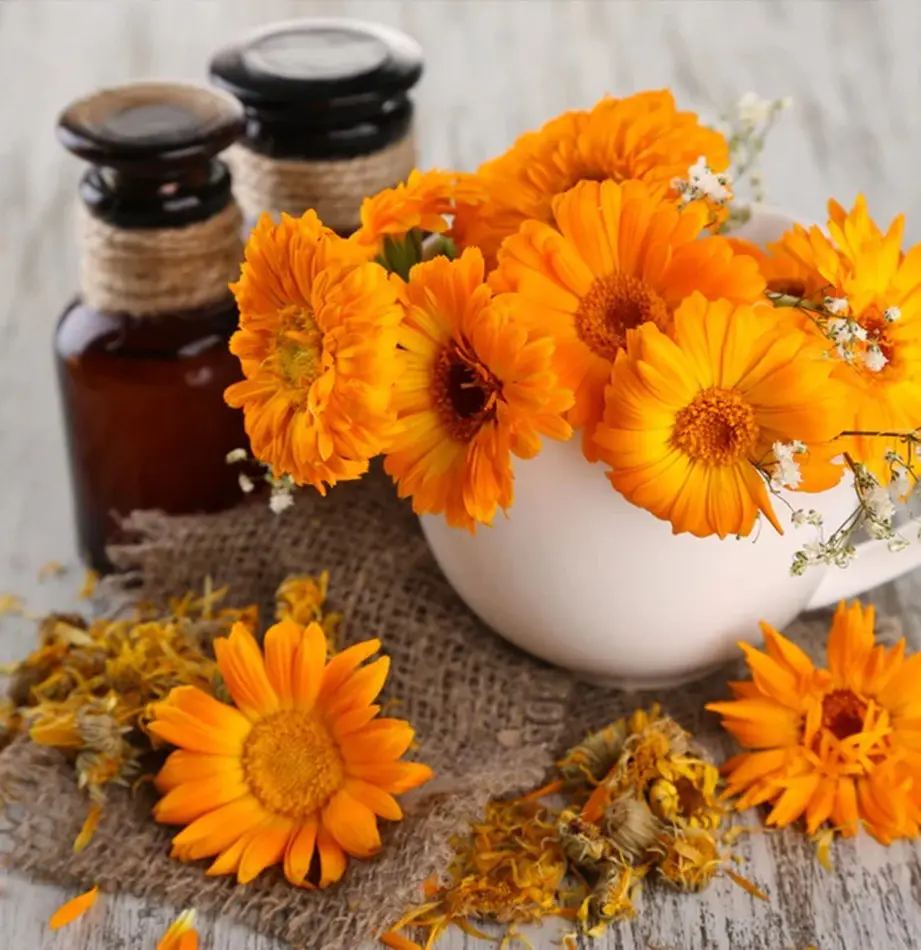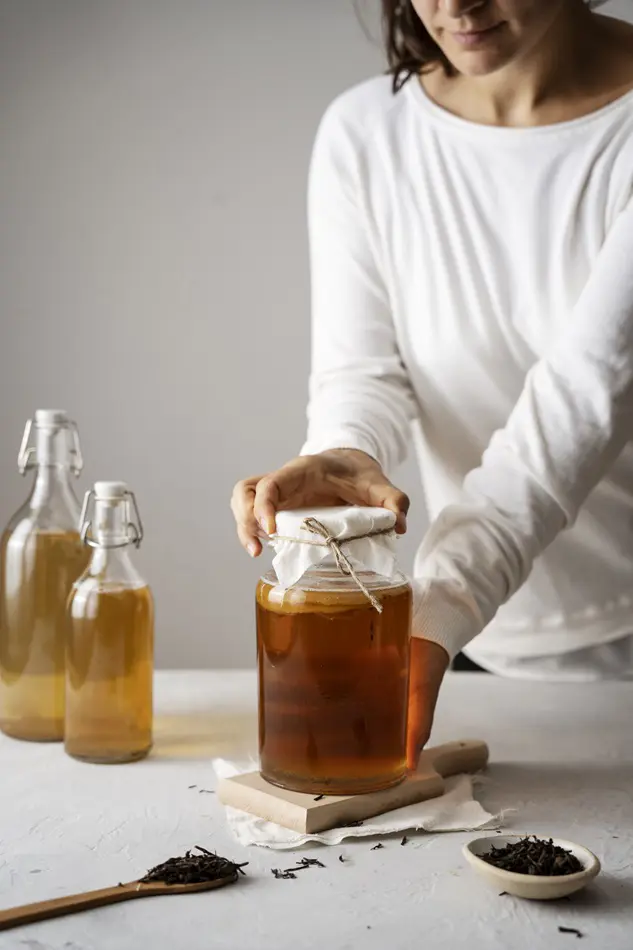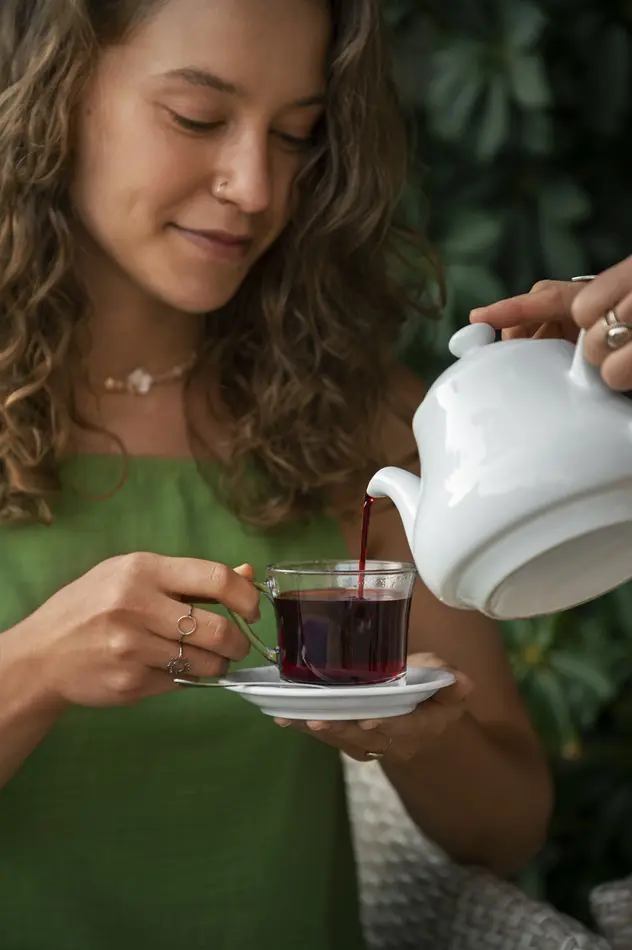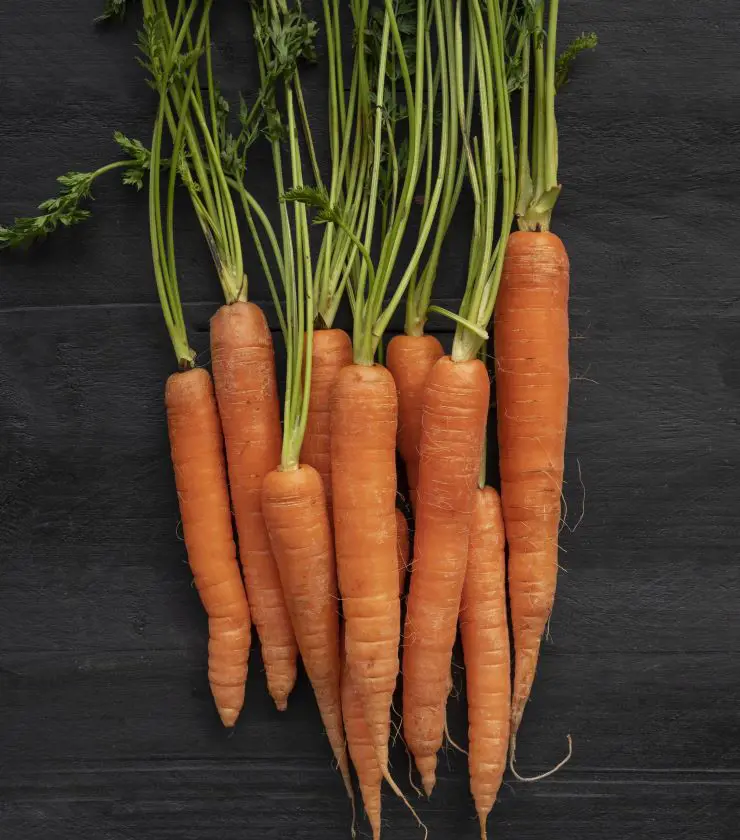13 Best Anti-Inflammatory Teas
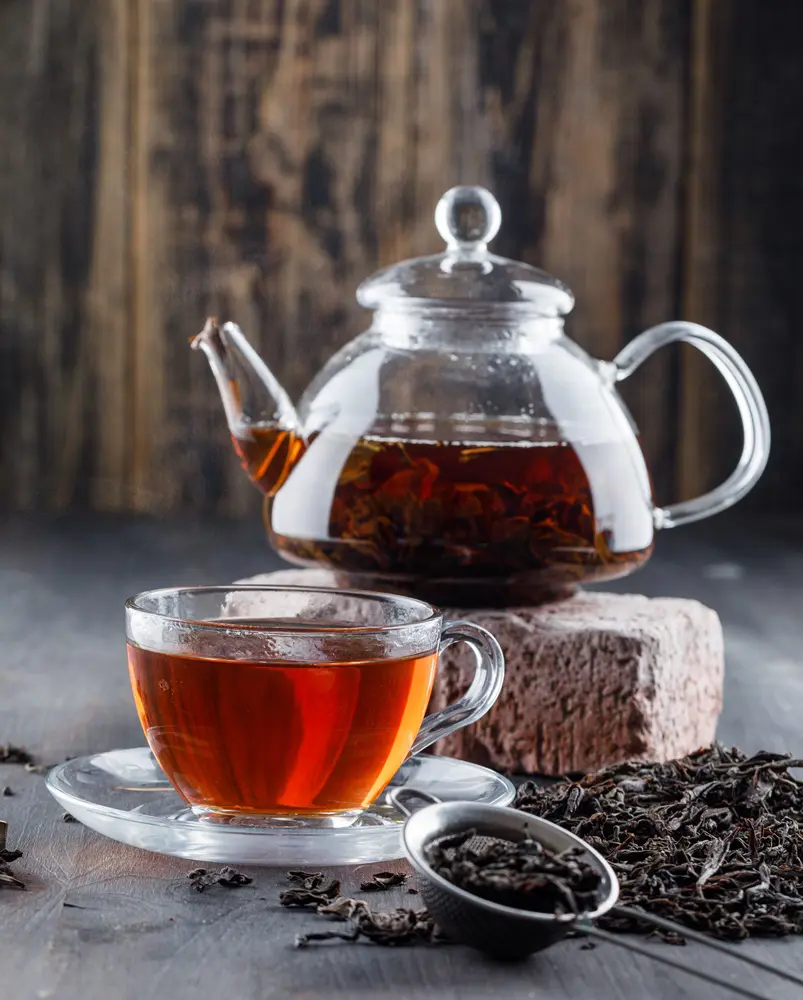
This post may contain affiliate links. If you make a purchase through links on our site, we may earn a commission.
Inflammation is a part of a body's response to injury or infection that protects the body by removing harmful stimuli and healing tissues. Acute inflammation helps protect you when you're sick or injured, but long-term chronic inflammation is thought to contribute to some of the leading causes of death in Americans, such as heart disease and cancer.
Except for rest and hydration, using anti-inflammatory teas is a natural way of addressing inflammation. Teas have been consumed throughout centuries for their various health benefits, and are now becoming more popular due to what they can offer in reducing inflammation.
1. Green Tea
Phenolic compounds found in green tea have anti-inflammatory and antioxidant effects, assisting in enhancing immunity and fighting inflammation such as sinusitis or sore throat. These compounds can also help easing some of the flare-ups linked to inflammatory bowel diseases such as Crohn’s disease and ulcerative colitis.
In people with ulcerative colitis who could not get relief through ordinary medication a study done for 56 days using an EGCG-based medication showed an improvement of symptoms by 58.3 %.
How To Make
- Place the green tea leaves or sachet into the cup of boiling water and allow to steep for 10 minutes.
- After the timer goes off, you should pour the liquid out (or if using a tea bag, squeeze it out gently).
Important Considerations
Green tea is not recommended for children, pregnant or breastfeeding women, or those with sleeping disorders, gastritis, or hyperthyroidism.
2. Ginger Tea
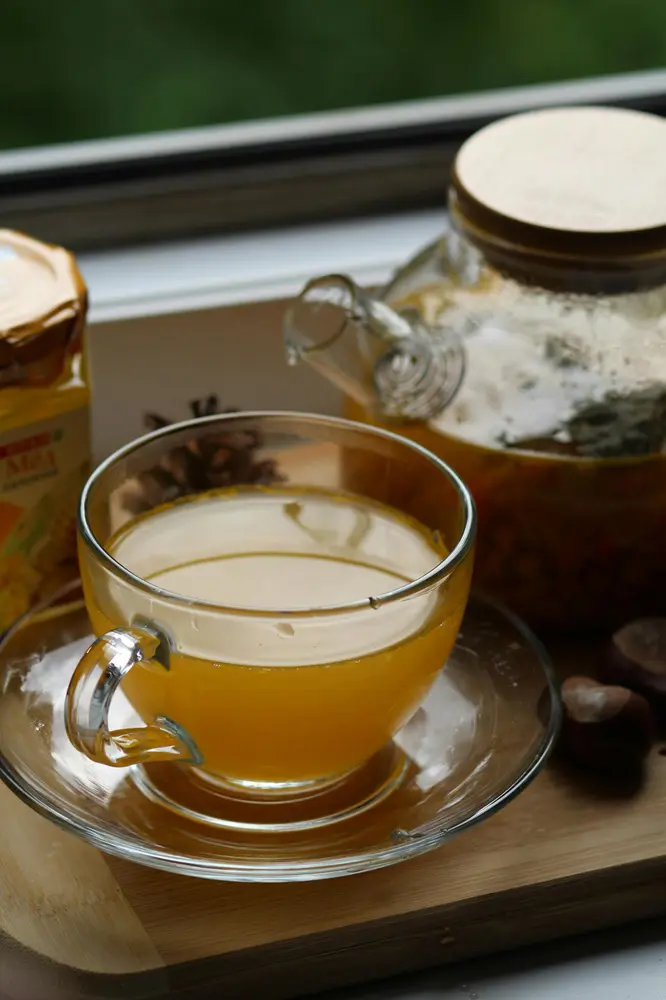
Antioxidant compounds of ginger have been estimated at over 50 and these play the role of reducing cytokines in your body. Studies have shown that this compound is effective in reducing inflammations-that is why it is common with most herbal and caffeine teas. It also helps lower blood sugar, cholesterol, and arthritis pain and inflammation.
Some human studies show the effects of ginger on blood sugar levels; A small clinical trial with diabetic patients took 1600 mg of ginger each day for 12 weeks and reached a significant decrease in fasting blood sugar, total cholesterol, and triglycerides.
How To Make
- Boil 1 tbsp of fresh, peeled ginger, and 1 tsp ginger powder with 2 cups or 475 ml of water.
- Filter after 10 minutes, and enjoy it with lemon or honey.
Important Considerations
Since ginger has a thinning effect on blood, patients on anticoagulants should take advise from medical professional before consuming it.
3. Turmeric Tea
Turmeric has been widely used in both herbal and ayurvedic medications due to its healing effects. It has a compound called curcumin that has been discovered to reduce inflammation and pain by disrupting signaling that leads to this condition. It may also help alleviate the pain of arthritis involving joints and muscle stiffness that occurs after exercises- all of which are inflammation-related.
A 6-day study showed that when 1,500 mg of curcumin was taken in divided doses 3 times daily, it provided much- needed relief from pain and also improved the physical functioning of the body. Another study in 20 active men showed that taking 400 mg of curcumin reduced muscle soreness and muscle damage after exercise.
How To Make
- Boil 1 teaspoon of either, powdered turmeric or fresh peeled grated turmeric in a pot of 2 cups (475 ml.) water for about 10 minutes.
- Filter the solids and add lemon or honey depending on a personal preference.
4. Rose Hip Tea
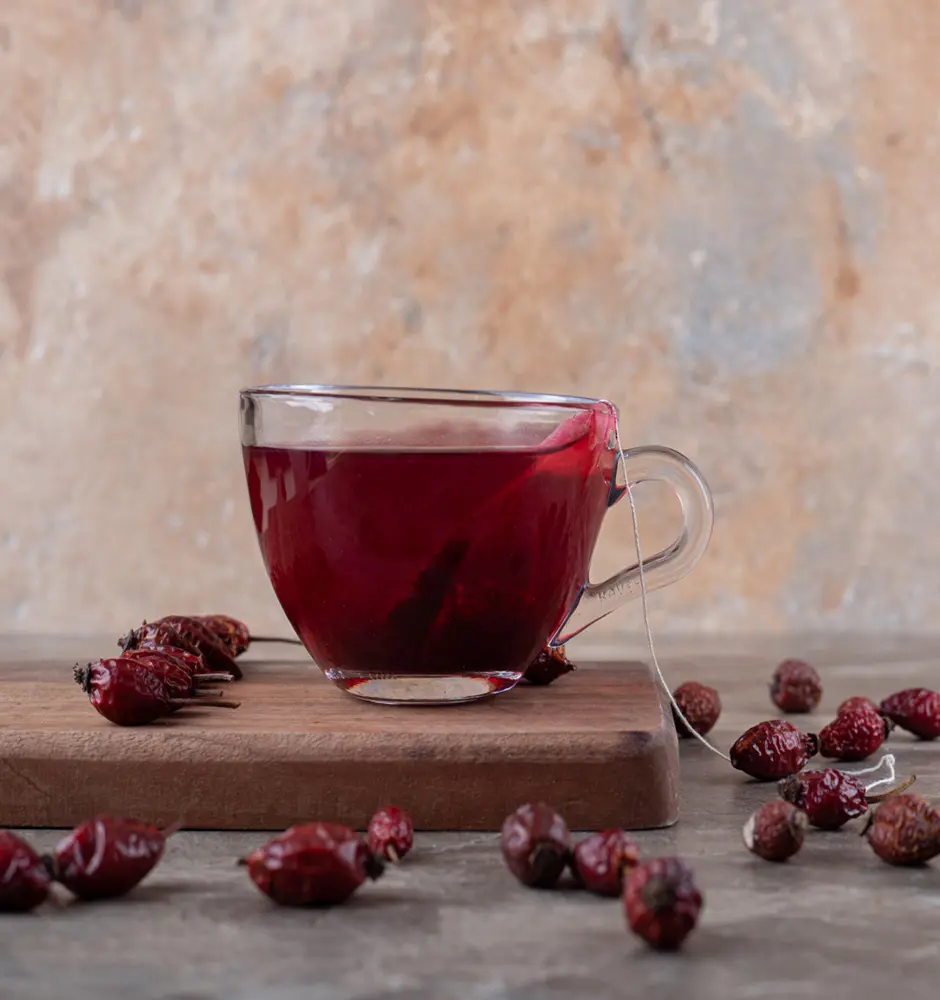
Rose hips have been used in herbal medicine for more than 2000 years as they are stuffed with antioxidants such as beta carotene and vitamins C and E. Furthermore, the nutrient values include the content of phenolic compounds, which are antioxidants rich in anti-inflammatory values, thus acting as shields for your cells.
Various medical research undertaken on rosehip powder establishes that by controlling the production of pro-inflammatory cytokines, the disease’s symptoms and specifically the pains accompanying rheumatoid arthritis can be managed.
Still, rose hips are also endowed with healthy fats that have been seen to block cox-1 and cox-2 enzymes which activate inflammation and pain.
How To Make
- Mash and crush about 10 whole rose hips may be fresh or dried.
- Then add to it about 1 and a half cups of very hot water and steep it for 6-8 minutes.
- Strain the drink to get rid of the solids and add honey if you want.
5. Fennel Tea
Like rose hips, fennel contains phenolic compounds that are known to fight inflammation. It contains components with analgesic, antispasmodic, and digestive effects that help you reduce inflammation in your stomach, heartburn, and burning in the throat. This tea can also alleviate signs of colitis or IBS, such as diarrhea, abdominal pain, and gases.
Certain studies show that fennel may help decrease pain, particularly in menstrual cramps because of the potent anti-inflammatory elements found in the plant. A 3-day trial conducted on 60 young women showed that administration of 120 g/day of fennel extract was more effective in decreasing menstrual pain than placebo.
6. Holy Basil Tea
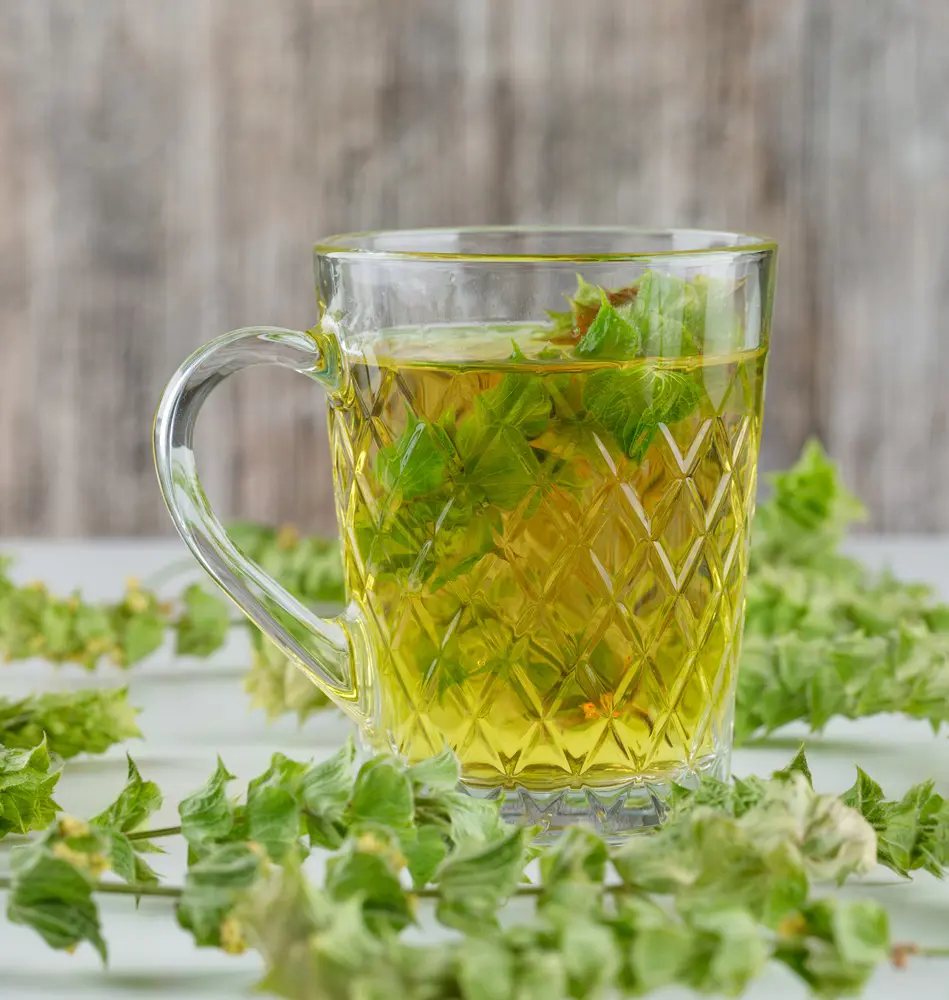
Holy basil, called the ‘queen of herbs’ in the Ayurvedic system of medicine has numerous beneficial effects on human health. Due to this, it is said to assist your system fight against emotional, environmental, and metabolic stress, which normally are the initial causes of inflammation responsible for chronic diseases.
The investigations in animals and humans have illustrated that holy basil has anti-inflammatory effects which can decrease blood sugar, cholesterol, and blood pressure. Additionally, its leaves and seeds possess properties that lower the levels of uric acid removing the discomfort which is caused by inflammatory conditions like gout and rheumatic arthritis.
7. Clove Tea
Whole cloves exhibit a very vivid, sweetish-spicy aroma and taste, making them perfect for adding to spiced tea blends. There are several compounds in cloves that have been known to exhibit mild anti-inflammatory properties with eugenol being the most famous one.
This compound has been tested to reduce the level of inflammation in your body and thus, diseases like arthritis are rare to develop and the symptoms are easily manageable.
Clove tea is specifically good for the stomach since it happens to cool the stomach lining and may possess anti-inflammatory effects that are beneficial for the overall stomach. It might also assist in combating inflammation within respiratory tracts which is useful in handling asthma, bronchitis, and other respiratory conditions.
8. Cinnamon Tea
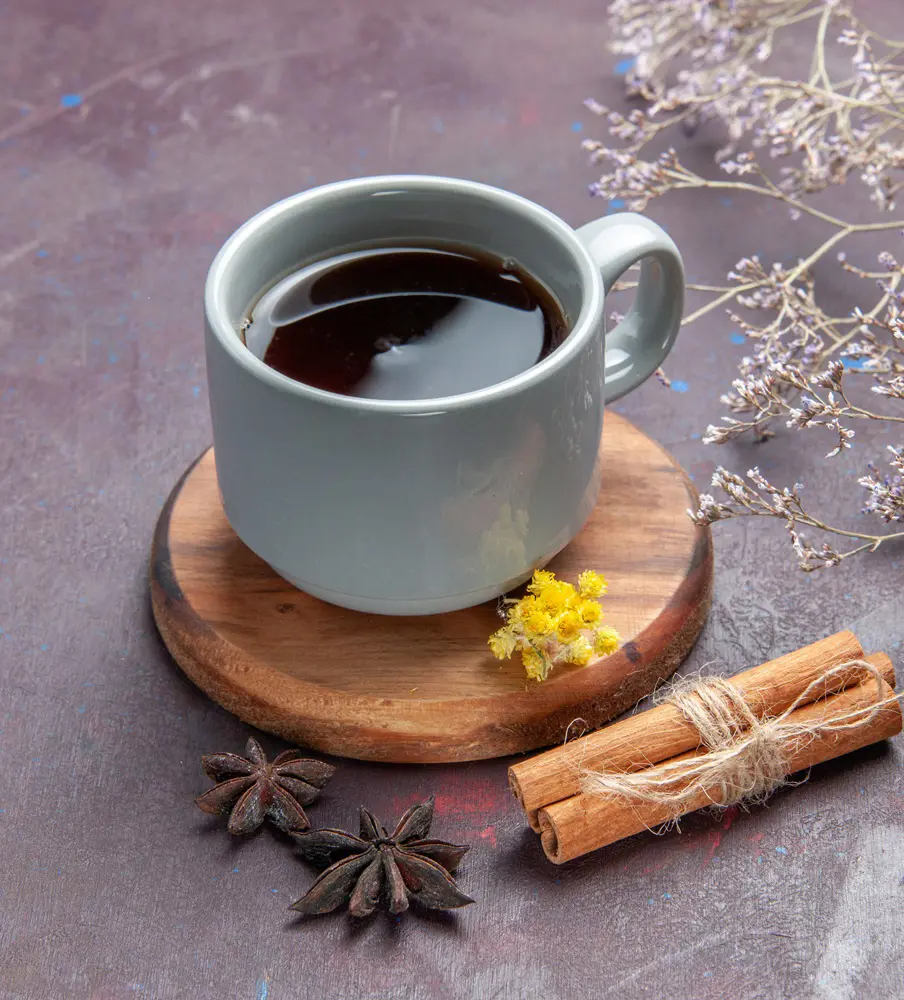
Possibly, you will concur that cinnamon can be considered to be among the best foods that boast an extremely high degree of anti-inflammatory properties. Inflammation that occurs periodically due to injuries, exercising and engaging in sporting activities, and conditions like arthritis are soothed by a cup of cinnamon tea.
Cinnamaldehyde, a primary compound in cinnamon helps decrease inflammation throughout the body by inhibiting the release of some specific inflammatory mediators including cytokines and nitric oxide.
These lab analyses done on a test tube suggest that some compounds in cinnamon reduce markers of inflammation. This could be highly helpful as inflammation was deemed to be the building block of chronic diseases including heart diseases.
9. Saffron Tea
Saffron tea has a pleasant color and taste besides possessing variety of health benefits such as anti-inflammatory properties. Curcumin present in saffron has anti-inflammatory property which helps in decreasing inflammation in muscles tendons and joints.
Research evidence indicates that saffron could negatively modulate the protein growth of pro-inflammatory cytokines and mediators that are involved in the inflammation processes. Saffron tea can help minimize inflammation often associated with arthritis, asthma, cardiovascular diseases, and IBD.
Furthermore, saffron has the property to reduce neuro-inflammation which could slow down or possibly even stop from these diseases from progressing.
How To Make
- Firstly, put the water to boil and when hot, add the saffron. Allow it to boil for an additional 5 to 10 minutes.
- You can add sweeteners such as honey, lemon or any other spices for instance cinnamon or ginger. When the tea is ready, strain the tea and enjoy your drink.
Important Considerations
Saffron tea or saffron capsules are not considered safe for pregnant women. So it's best to take medical advice before incorporating it into the diet of pregnant ones. Also, medical advice is compulsory for people taking anticoagulants.
10. Cardamom Tea
People suffering from inflammation should take cardamom tea since its tea form has the health benefits that are associated with the plant, such as its ability to fight inflammation. Bioactive constituents include flavonoids and terpenes that exercise anti-inflammatory activity in cardamom.
Scientific studies have pointed out that cardamom reduces pro-inflammatory proteins that help in reducing inflammation specific to arthritis, and metabolic diseases. One of the leading causes of diseases of different natures is prolonged inflammation, which is dangerous for heart diseases, diabetes and cancer. But, no worries- cardamom tea may help prevent such diseases or alleviate their symptoms.
How To Make
- Grind 2-3 cardamom pods or substitute cardamom powder of 1/2 to 1 teaspoon.
- Steep in water for about 5-10 minutes.
- Filter the tea, then sweeten it with honey. Add lemon, or other spices like ginger or cinnamon for enhanced flavor and benefits.
11. Arnica Tea
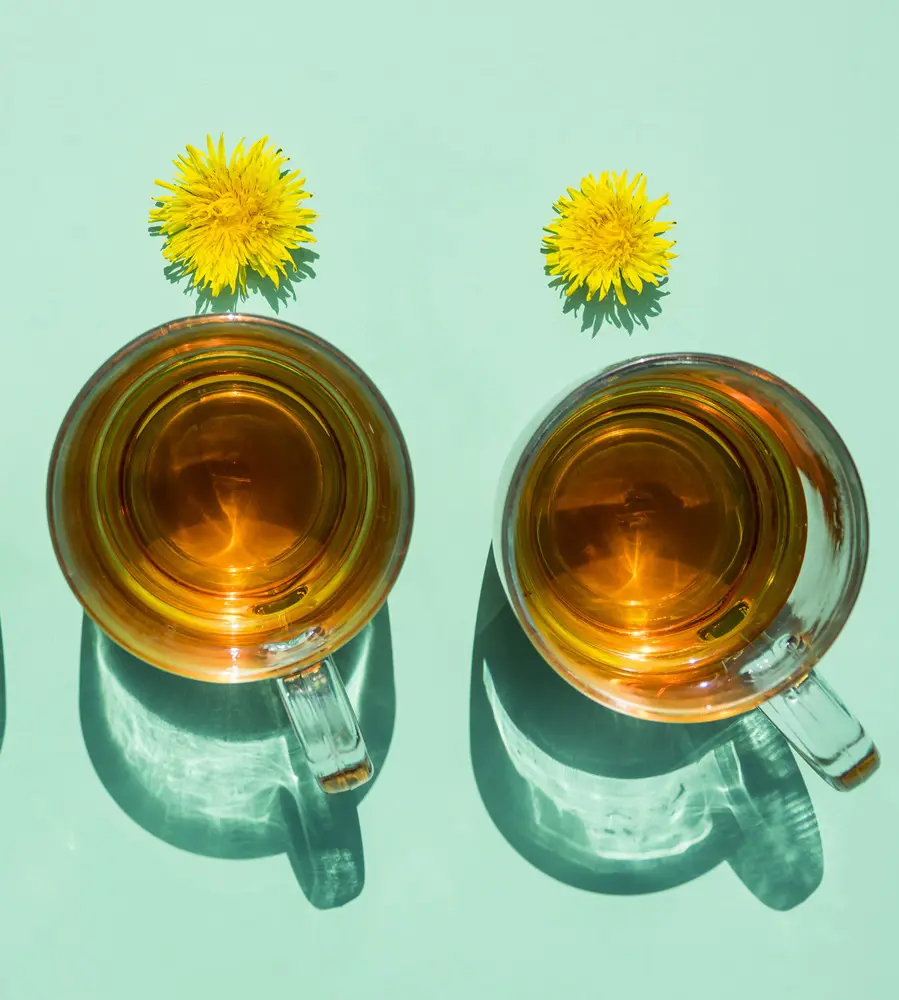
Arnica tea is one of the many remedies that are natural, effective and safe to use for external inflammation. It has been conventionally employed for the relief of pain and inflammation as well as for healing purposes because of its strong concentration of sesquiterpene lactones, flavonoids and other ingredients.
Phytochemicals, namely flavonoids and phenolic acids, can counter free radicals capable of causing oxidative stress and pro-inflammatory reactions within the human organism.
This arnica tea can also be used as a rinse for the throat or for people with toothache (remember it should not be swallowed!). In addition, being an anti-inflammatory and anti-bacterial agent, it is useful in treating numbered skin conditions, including eczema and acne.
How To Make
- Put the dried flowers in the boiling water and leave it there for about ten minutes.
- Strain, soak a gauze in the infusion, and use it while still warm on aching muscles twice or thrice daily.
Important Considerations
As a reminder, it is worth noticing that this tea should not be taken internally since it has toxic effects. It should only be used as topical dressings. If taken as a tea, it must be taken moderately only upon consultation with a doctor. Consultation is also compulsory for pregnant and breastfeeding women.
12. Peppermint Tea
Peppermint can relax muscles and lower inflammation in the gastrointestinal tract, which may soothe digestive symptoms like abdominal pain. It is rich in anti-inflammatory compounds such as menthol that would help cure diseases such as the flu, the common cold, rhinitis, or sinusitis for instance a sore throat, a running nose, headache, or cough.
Apart from that, the application of its tea bags as warm compresses may also be effective for skin problems as it can alleviate pains resulting from sunburns, rashes as well as insect bites.
How To Make
- Boil water and put 6 chopped peppermint in a cup and steep for 5 to 7 minutes.
- Strain, then add honey to taste as desired.
Important Considerations
It is observed that a cup of peppermint tea might hurt individuals experiencing heartburn and acid reflux conditions as well as affect individuals having allergies to peppermint. All individuals with these conditions including pregnant and breastfeeding women should consult a doctor before consuming peppermint tea.
13. Chamomile Tea
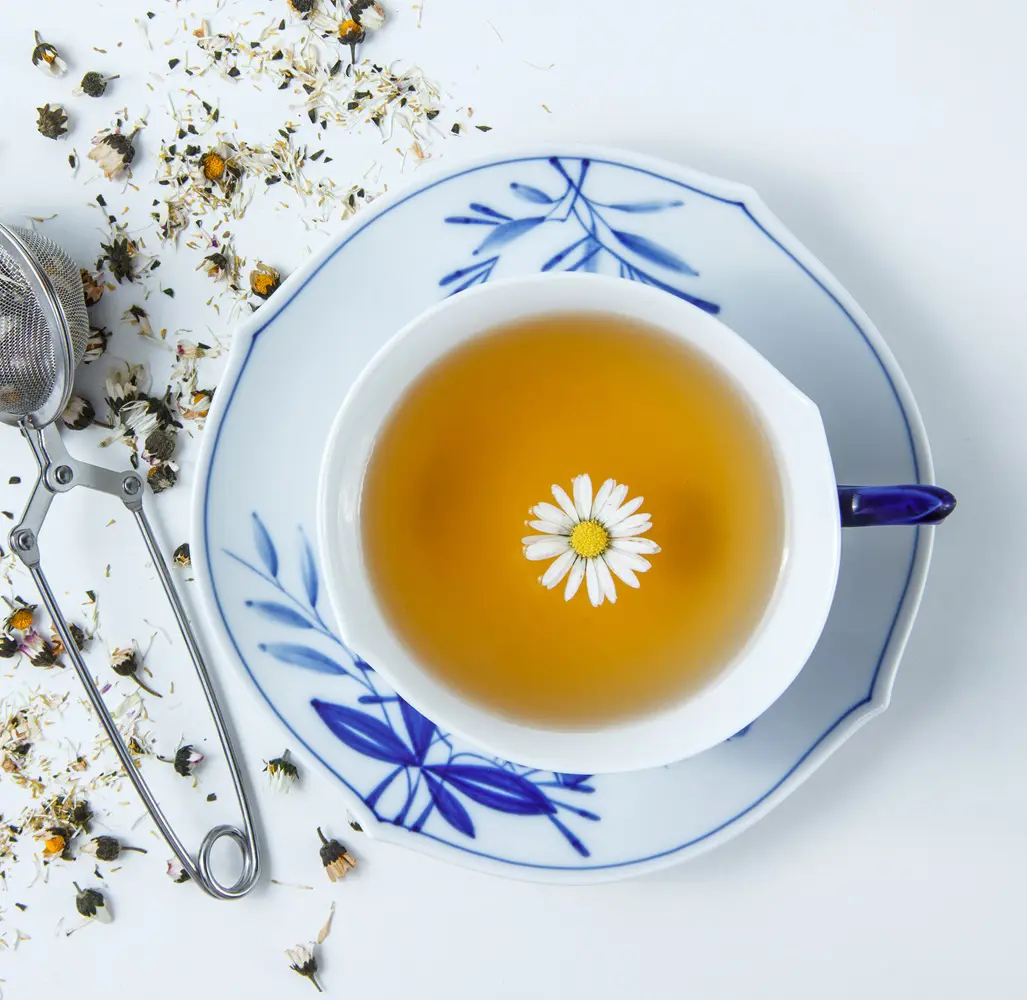
Chamomile is more like a floral tea which ensures great comfort; this one has been around treating flu, colds and other muscular pains for ages. Having been used in traditional medicine for centuries, it is known for its calming effects.
Active compounds found in chamomile include flavonoids e.g. Apigenin, and terpenoids (Bisabolol, Chamazulene) known to be powerful anti-inflammatory agents. It can also decrease the symptoms of inflammation in the respiratory tract which could happen typically when you have a cold, sinusitis, or even sore throat.
Drinking chamomile tea regularly can reduce some conditions that are caused by inflammation like gastrointestinal and skin disorders.
How To Make
- Take 1-2 teaspoons of dried chamomile flowers and steep them in hot water for around 5-10 minutes.
- Filter the tea and if you want, kindly add honey or any sugar that you consider sweet.
Recent posts
Nutrition
Nutrition
Castor Oil Benefits For Your Health And Skin
Castor oil has been around longer than you have for terrific reasons! A good cash crop, castor seed is one of the most traded oil seeds in the world. The oil however is less heard in cooking, rather, it is more popular for its therapeutic and cosmeti...
Nutrition
20 Simple Post Workout Foods To Refuel
If you are a workoutaholic, you definitely know the importance of diet for effective post-workout recovery. A well-rounded food after a workout typically consists of a blend of carbohydrates, lean proteins, and adequate hydration, all of which suppor...
Nutrition
10 Calendula Health Benefits and Possible Side Effects
Commonly used in medicinal preparations in several medicine systems, calendula is an annual herb in the daisy family (Asteraceae) originating from southern Europe and the Eastern Mediterranean area. It is suitable for borders, beds cut flower garden...
Nutrition
Benefits Of Kombucha Tea: 13 Reasons Why You Should Start Drinking It
Often termed as a "wonder drink" which can promote health in numerous ways, Kombucha tea has been gaining popularity over the recent years. To make the drink, bacteria, and yeast are used for fermentation which imparts essential nutrients to the drin...
Nutrition
18 Best Teas For Balancing Hormones
Hormones play a very important role in controlling everything, ranging from moods to metabolism, yet achieving a balance can often feel like a burden. Luckily, nature offers a calming solution through the courtesy of tea. Mixing chamomile or peppermi...
Nutrition
15 Best Teas For Upset Stomach
For stomach distress, many choose herbal teas for relaxation. For centuries, these natural remedies have been used to ease different types of stomach problems including nausea, bloating, indigestion and cramps among others ailments. It is important t...
